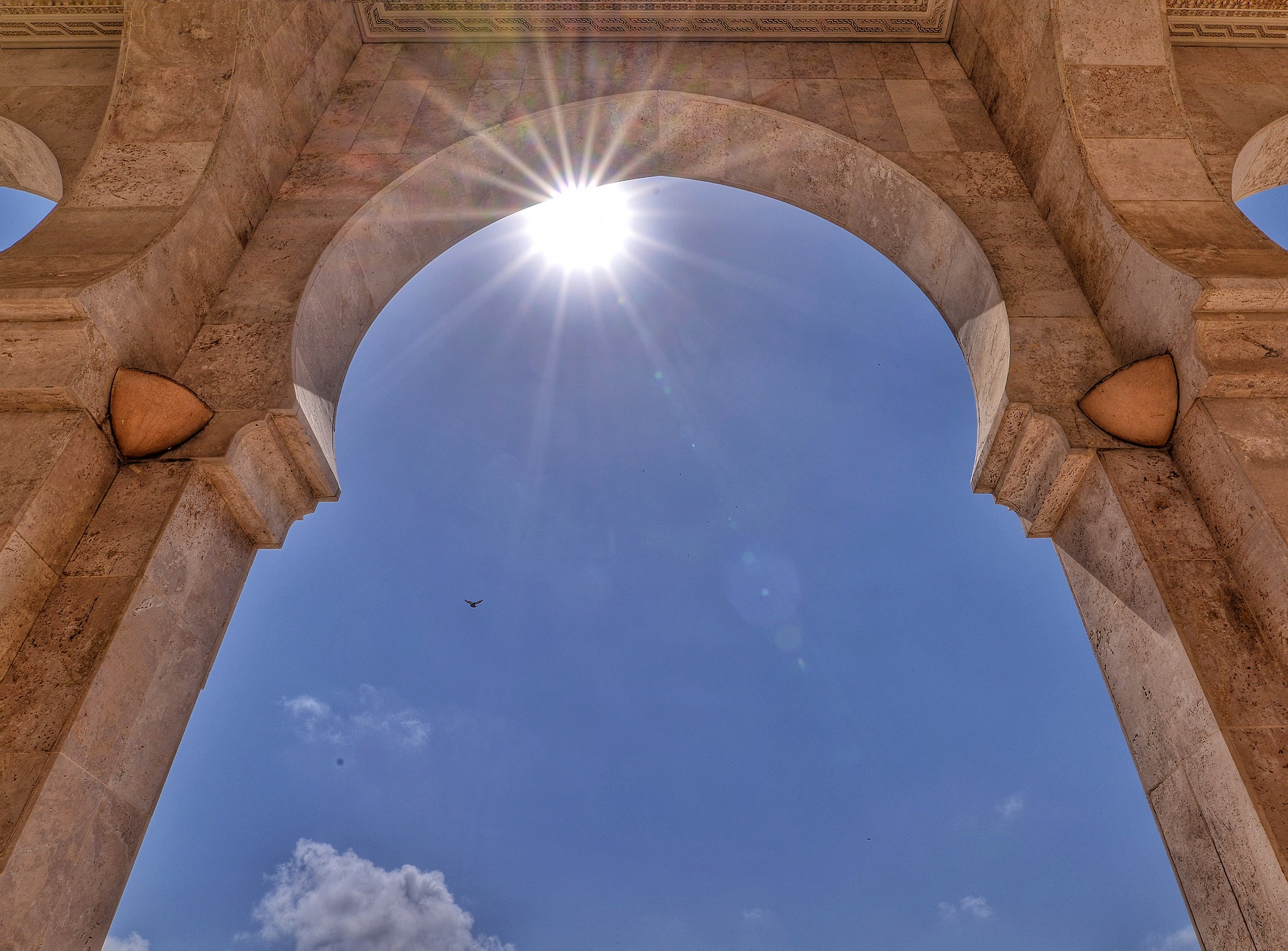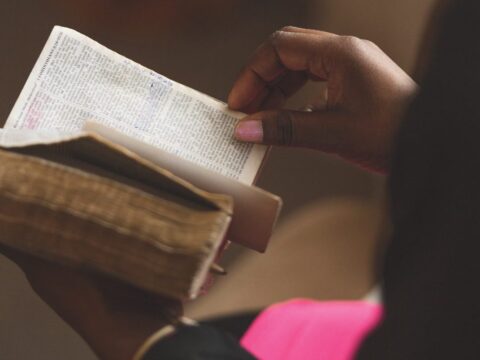For a long time, I was ashamed to tell people how to pronounce my name: Maa-ria, with the first “a” drawn out and a soft “r” in the middle. Nobody normally asked. My name’s familiar spelling and prevalence in English meant people were often surprised to discover that a brown girl in a hijab has such a white-sounding name.
I sometimes mispronounced my own name to blend in. But as I grew more confident in my identity over time, I felt more comfortable using my real name. Although Maria is often assumed to be a western name, I’ve learned to embrace it as part of my Muslim heritage.
You may unsubscribe from any of our newsletters at any time.
As the Christian world gathers for its annual celebration of Mary and the virgin birth, I’m reflecting on Mary’s role in my own traditions. To me, she represents a lineage of strong women who aren’t often talked about as feminists but who were progressive in their times.
The name Maria is believed to come from the Hebrew Miryam, a name belonging to the sister of Moses and Aaron (peace be upon them). Miryam is also the Hebrew version of the name of Mary, the mother of Jesus (peace be upon her). Maria can mean anything from “wished-for child,” “star of the sea” and “pious worshipper” to “strong” or “bitter.” Although Muslims believe in Jesus Christ (peace be upon him) as a prophet of God, the story of Mary bears its own significance in Islam. There’s a whole chapter named after her: Surah Maryam.
More on Broadview:
- Forget meek and mild, the Virgin Mary was a slam poet
- How a 5 a.m. Christmas service deepened my resolve to fight for justice
- What we lose when we call Christ ‘king’
Not only does the Qur’an affirm the virgin birth of Jesus, but it also describes Mary’s own birth as remarkable. According to the Qur’an, when Mary’s mother, Hanna, was pregnant, she vowed to dedicate her child to faith, something usually reserved for male children.
But Hanna gave birth to a girl. Uncertain, she turned to God and said, “My Lord, I am delivered of a female” (Qur’an 3:37). Then it gets interesting. The Qur’an says, “Allah knew best what she had brought forth and the male [she expected] was not like the female [she delivered].”
In other words, Mary was special. She would serve an important purpose that could not be achieved by the male child Hanna had in mind. Hanna decided to dedicate Mary to the temple anyway, which to me represents her pushing Mary to carve a path in a traditionally male-dominated domain.
We seldom think of women in faith traditions as feminists, but often religion helped propel women’s rights forward rather than push them back. Many of the rights women enjoy today — to an education, to consent to marriage, to earn money and to divorce — were introduced by religion long before they became secular laws.
As the traditions go, Mary gave birth to Jesus Christ, and that too without the agency of a man. Today, she is remembered by Muslims as a woman of high character and fierce faith. It’s no coincidence that her story has been preserved in scripture.
The Qur’an even encourages us to follow her example by saying that God has chosen Mary “above the women of all peoples” (3:43). And I, for one, could not be prouder to be named after her.
***
This column first appeared in Broadview’s December 2020 issue with the title “What Mary means to me.”
Maria Iqbal is a writer in Brampton, Ont.
We hope you found this Broadview article engaging.
Our team is working hard to bring you more independent, award-winning journalism. But Broadview is a nonprofit and these are tough times for magazines. Please consider supporting our work. There are a number of ways to do so:
- Subscribe to our magazine and you’ll receive intelligent, timely stories and perspectives delivered to your home 10 times a year.
- Donate to our Friends Fund.
- Give the gift of Broadview to someone special in your life and make a difference!
Thank you for being such wonderful readers.
Jocelyn Bell
Editor/Publisher














Although your essay was interesting, I have a question. Why are you pronouncing peace on a dead person? A Christian perspective once dead, you either have peace or torment. (I think this is true for Muslims as well.) Mary as a temple virgin is taken from the early Catholic church. And it can lead one to think that she was a temple virgin as practiced by the Romans and their god Vesta. She can also be seen as the goddess Minerva, which the Catholic Church has named an edifice Santa Maria sopra Minerva.
If she was dedicated to the temple there is no indication of her fulfilling the Nazirite vow as described in Numbers 6.
I would be hard pressed to find Mary as a feminist, even at Christ’s death, she is entrusted to John to look after her. John 19:26
She was a highly favoured woman by God, one who was chosen to bear God in the flesh. Like all Christians she received grace from God. Luke 1
you have too much knowledge & thus lose the heart of this sharing.
What is the Christmas message? Is it Mary? Is she better than any other person born? Not trying to be offensive, but we have a Muslim writer taking Catholic teachings and presenting them for Protestant Christians. A Muslim does not believe Christ was God. Catholics try to emulate Mary above Christ. Where does that leave us? 2 Corinthians 4:1-5
THANK YOU for sharing your story. With the divisions in the world & in Canada centered around faith beliefs , this is a healing story.